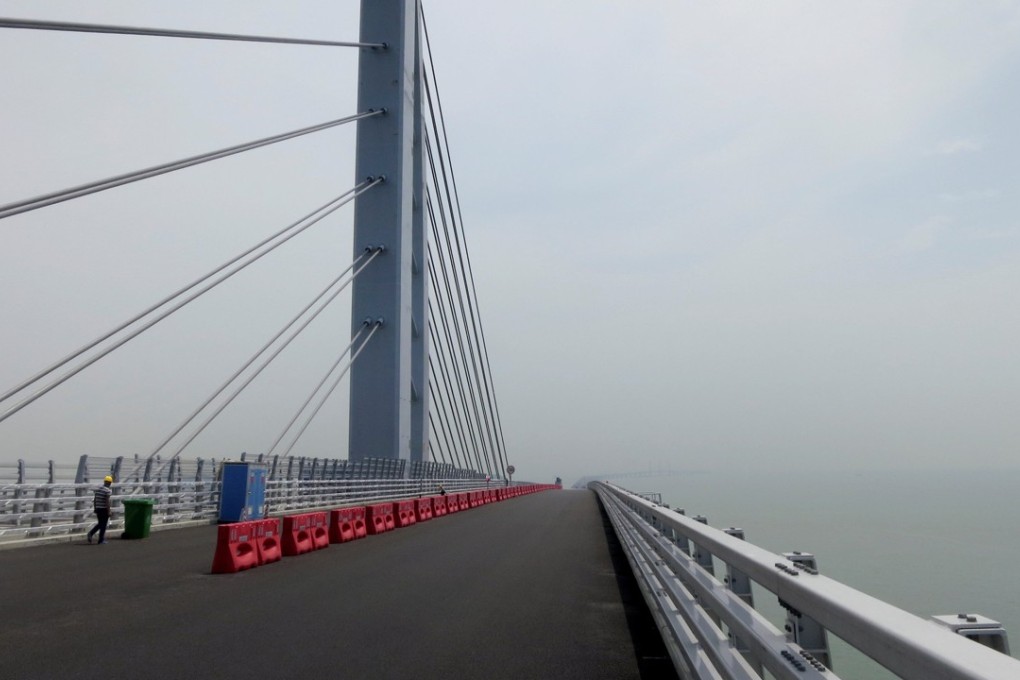The View | Opinion: China needs Hong Kong as an ideas hub
‘Knowledge is a special commodity. It can be reused, several people can use it at the same time, and it tends to grow where people have already clustered’

The Chinese Government’s 2017 work report announced that a plan will be drafted to develop the Guangdong-Hong Kong-Macao Greater Bay Area to give full play to the distinctive strengths of Hong Kong and Macau, and elevate their roles in the country’s economic development and opening up.
Unlike previous initiatives under the banner of the Pearl River Delta and Pan-Pearl River Delta, this plan looks outward rather than inward. It stresses external links and securing a commanding position in global industry chains in order to drive mainland development.
Hong Kong offers important assets to this initiative, not only because of its business friendly environment, hard and soft infrastructure providing world-class communications and logistics services, and English as lingua franca, but also because of its role as an ideas hub and its common law system.
These are critical assets whose potential values have greatly appreciated in the new information and communications technology-driven global economy.
Knowledge is a special commodity. It can be reused, several people can use it at the same time, and it tends to grow where people have already clustered. As such, information hubs for global chains tend to emerge in existing international economic and financial centres. This in turn generates new ideas for new businesses.
Hong Kong already has a substantial cluster of mainland and overseas firms, and connectivity to a vast reservoir of innovative enterprises within the region. It has been a pioneering innovator of numerous global supply chains, and has a considerable concentration of financial and allied professional services and an open cosmopolitan social and cultural environment. It does, however, need to address its chronic shortages of skilled talent and developable land supply.

